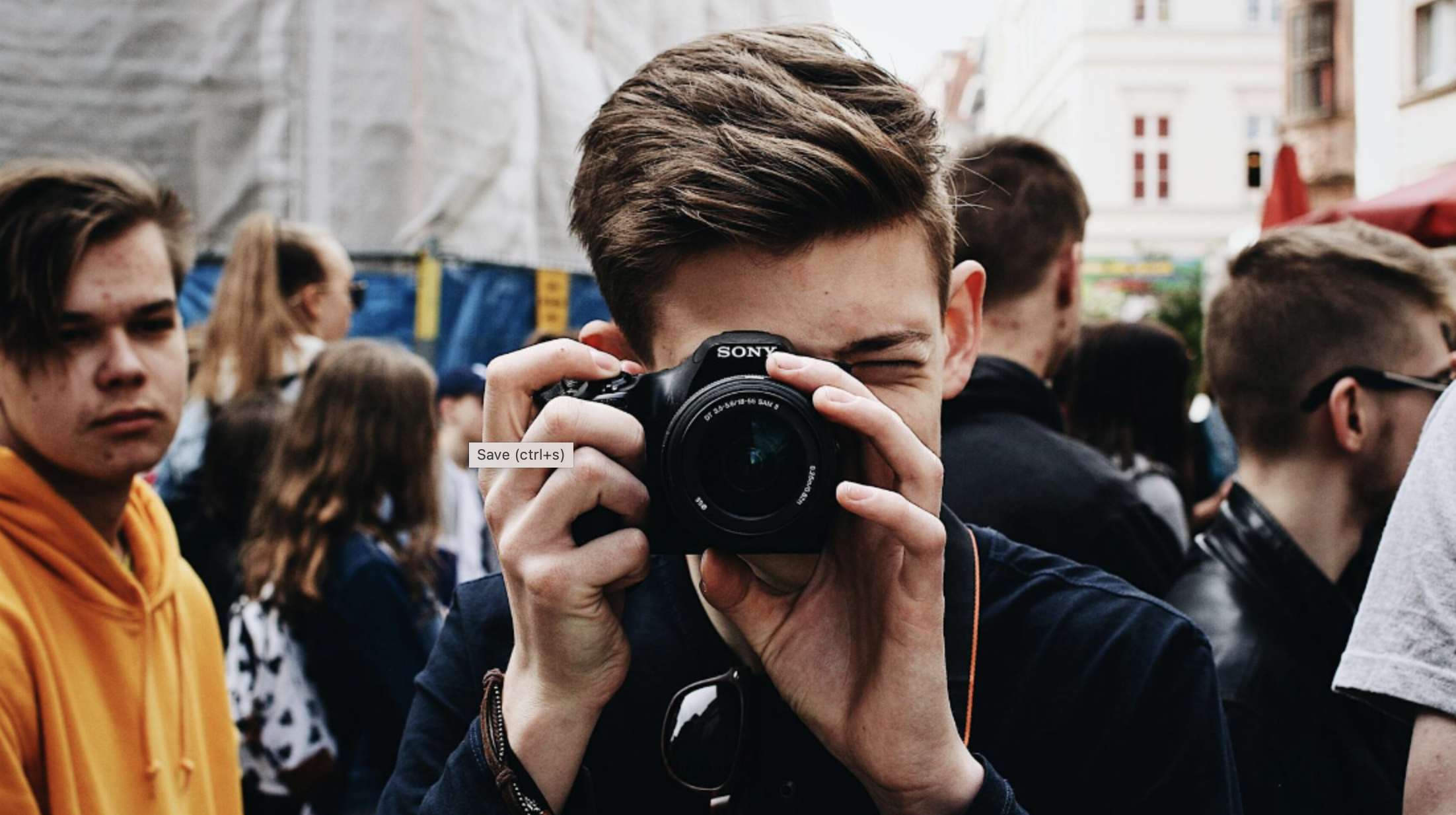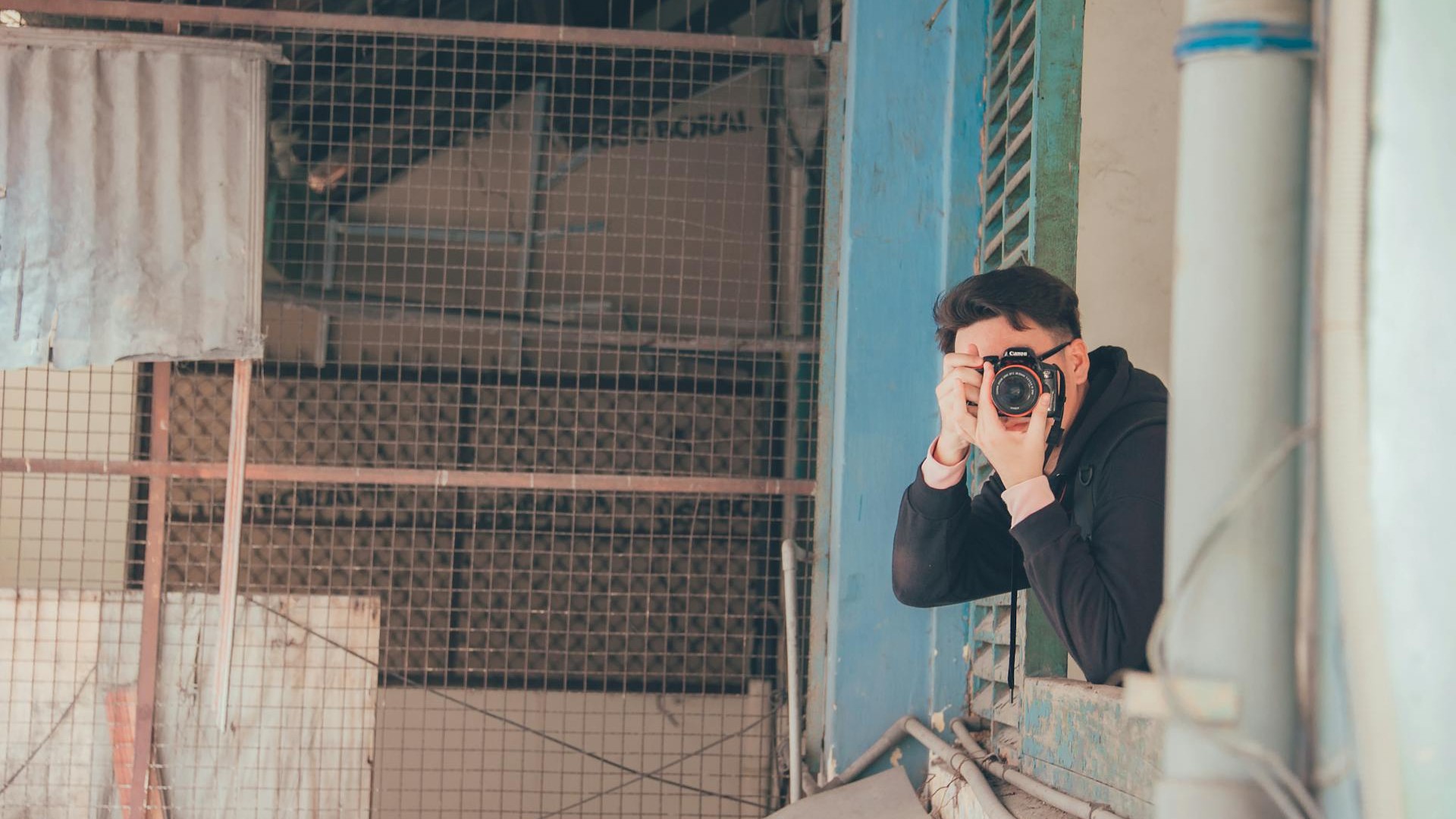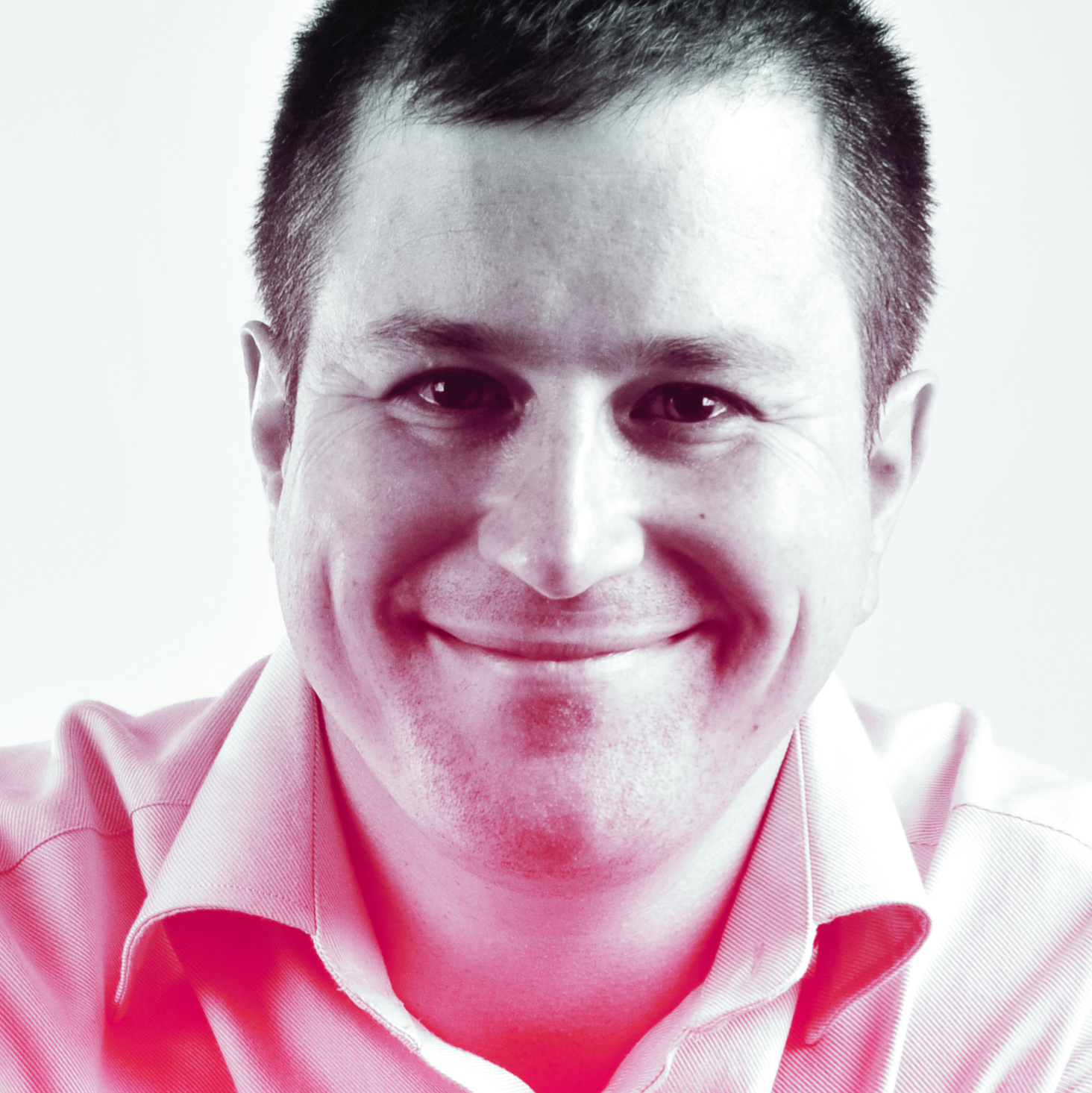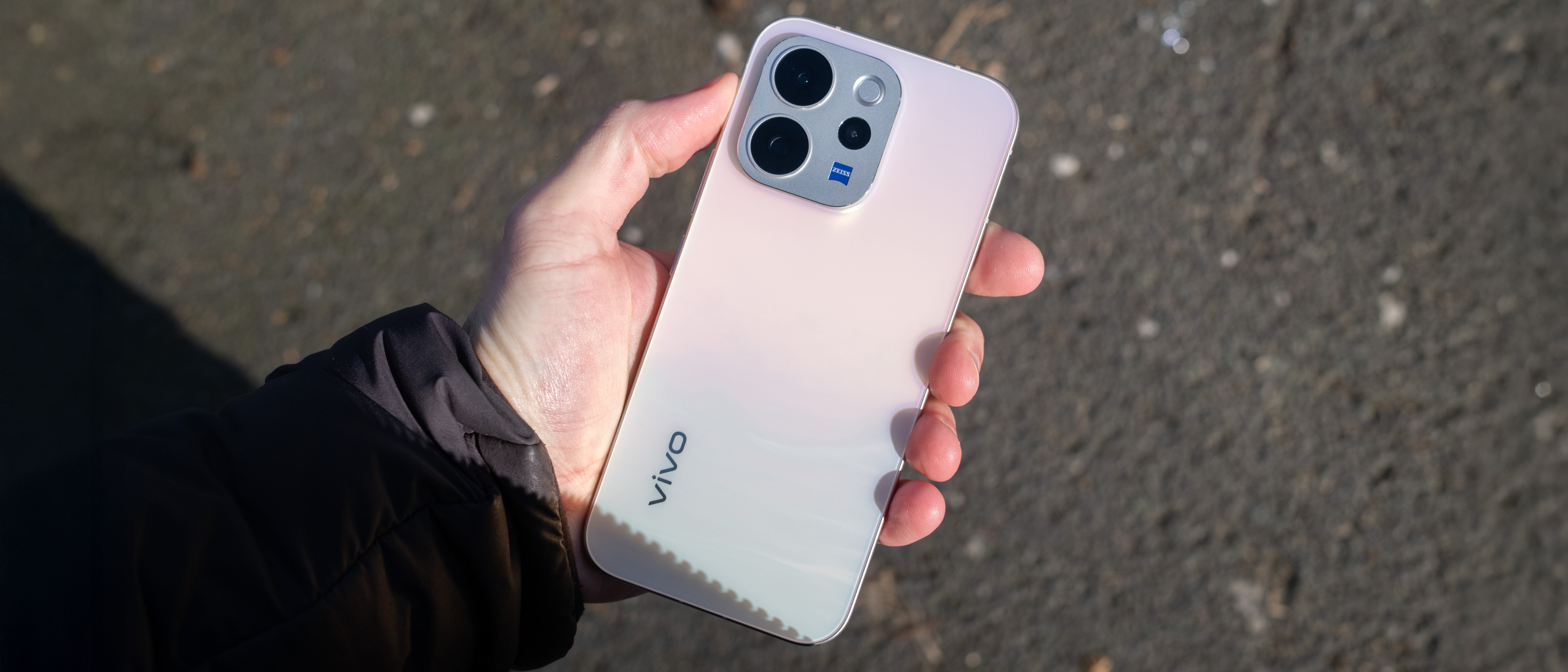
The best camera deals, reviews, product advice, and unmissable photography news, direct to your inbox!
You are now subscribed
Your newsletter sign-up was successful
Last Sunday morning I headed downtown with my camera, chasing that perfect golden hour light. My plan was simple: capture some shots of the century-old buildings lining a nearby street, with their ornate facades bathed in warm sunlight.
When away I'm on a press trip in an unfamiliar place, this has become a bit of a ritual for me: wandering the streets with a camera, documenting urban life and architecture as it unfolds before me.
I found my spot and began framing a shot of a particularly striking art deco building. The composition was nearly perfect: morning light hitting the copper detailing, the geometric patterns creating wonderful shadows.
Parked along the curb, incidentally, was a nondescript vehicle. Nothing special—just part of the urban landscape, the kind of everyday element that gives street photography its authenticity.
"Hey! What do you think you're doing?"
I lowered my camera to find a man marching toward me, his face flushed with anger.
"Hello," I replied in a friendly manner. "I'm just taking photographs of the architecture," I replied, gesturing toward the building.
The best camera deals, reviews, product advice, and unmissable photography news, direct to your inbox!
"That's my car you're taking pictures of. Did you ask permission? You can't just take pictures of people's number plates without consent!"
I tried explaining that I was shooting in a public space, that his car was incidental to the composition, that street photography has a long and respected tradition. I even offered to show him the images.
None of it mattered. He demanded I delete any photo containing his vehicle, threatening to call the police if I refused.
What changed?
It's not the first time something like this has happened, and it wasn't a total surprise. But a couple of decades ago, it would have been. Back then, people understood – or at least accepted – that photographers in public spaces were just artists capturing life. What happened?
Quite simply, the tech giants happened. Google, Facebook, Apple and their ilk have fundamentally altered how society views privacy and personal data.
Since the early 2000s, they've been harvesting our information, tracking our movements, monetizing our existence; all while convincing us to sign away our rights through incomprehensible terms of service agreements.
In the process, the public has been trained to be suspicious of cameras – any cameras.
Every person who's seen their personal effects captured through a window on Street View, every parent who's found their child's face auto-tagged on social media platforms, every driver who's realized their license plate has been scanned and stored in countless databases…
They've all learned the hard way that images can be weaponized against them. So it's probably not a big surprise that some now view a lens pointed their way as a threat.
Cruel irony
The cruel irony is that while tech companies amass vast visual databases with relative impunity, innocent photographers – practicing a craft that predates digital technology by more than a century – are the ones they actually shout at.
The companies who've violated trust on a massive scale and poisoned the well for all of us? They get away scot-free.
I've watched this shift happen gradually over the years. First came the suspicious glances, then the occasional confrontation, and now it's regular hostility – as if my lens represents the same threat as the corporate surveillance empires that track billions of people.
But this misses all context. Street photography's never been about surveillance or exploitation: it's about documenting humanity and the spaces we inhabit.
From Henri Cartier-Bresson to Vivian Maier, street photographers have created profound visual records of everyday life that would be impossible to create in today's climate of fear and suspicion.
Yet while photographers are hassled, trying to practice their art in public spaces, the tech giants continue mining our lives for profit behind the scenes. And I think about how much has been lost. Not just for photographers, but for our collective visual history.
Future generations may have fewer authentic glimpses into everyday life in our era – all because tech giants couldn't respect boundaries, and we've been conditioned to fear the wrong cameras.
you might also like…
If you're not put off by these reactions, check out the best cameras for street photography and the best lenses for street photography – and browse the best street photography books
Tom May is a freelance writer and editor specializing in art, photography, design and travel. He has been editor of Professional Photography magazine, associate editor at Creative Bloq, and deputy editor at net magazine. He has also worked for a wide range of mainstream titles including The Sun, Radio Times, NME, T3, Heat, Company and Bella.
You must confirm your public display name before commenting
Please logout and then login again, you will then be prompted to enter your display name.


